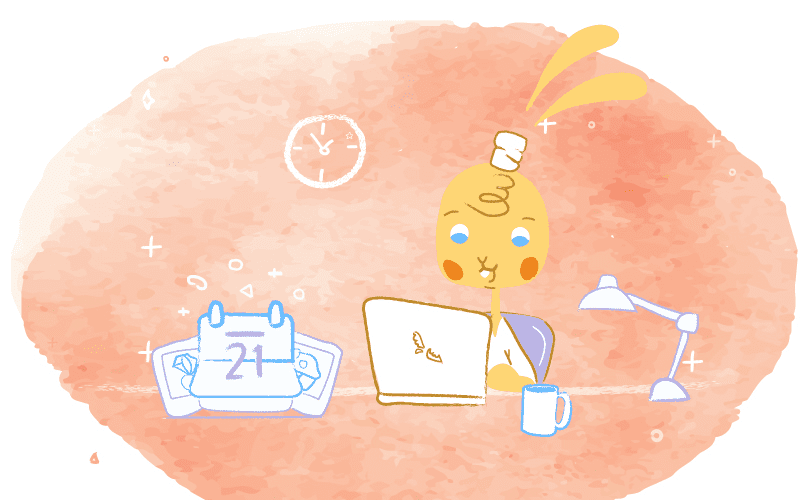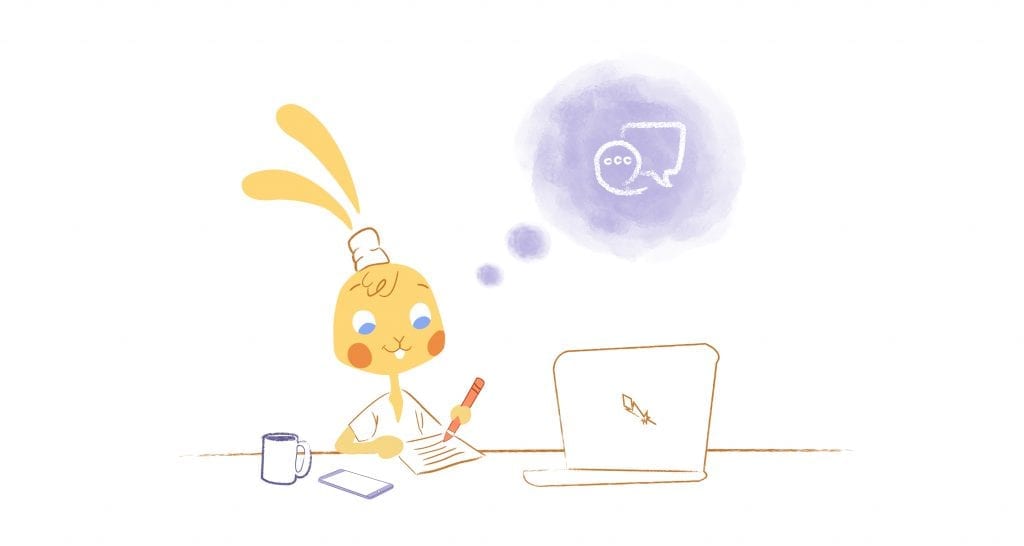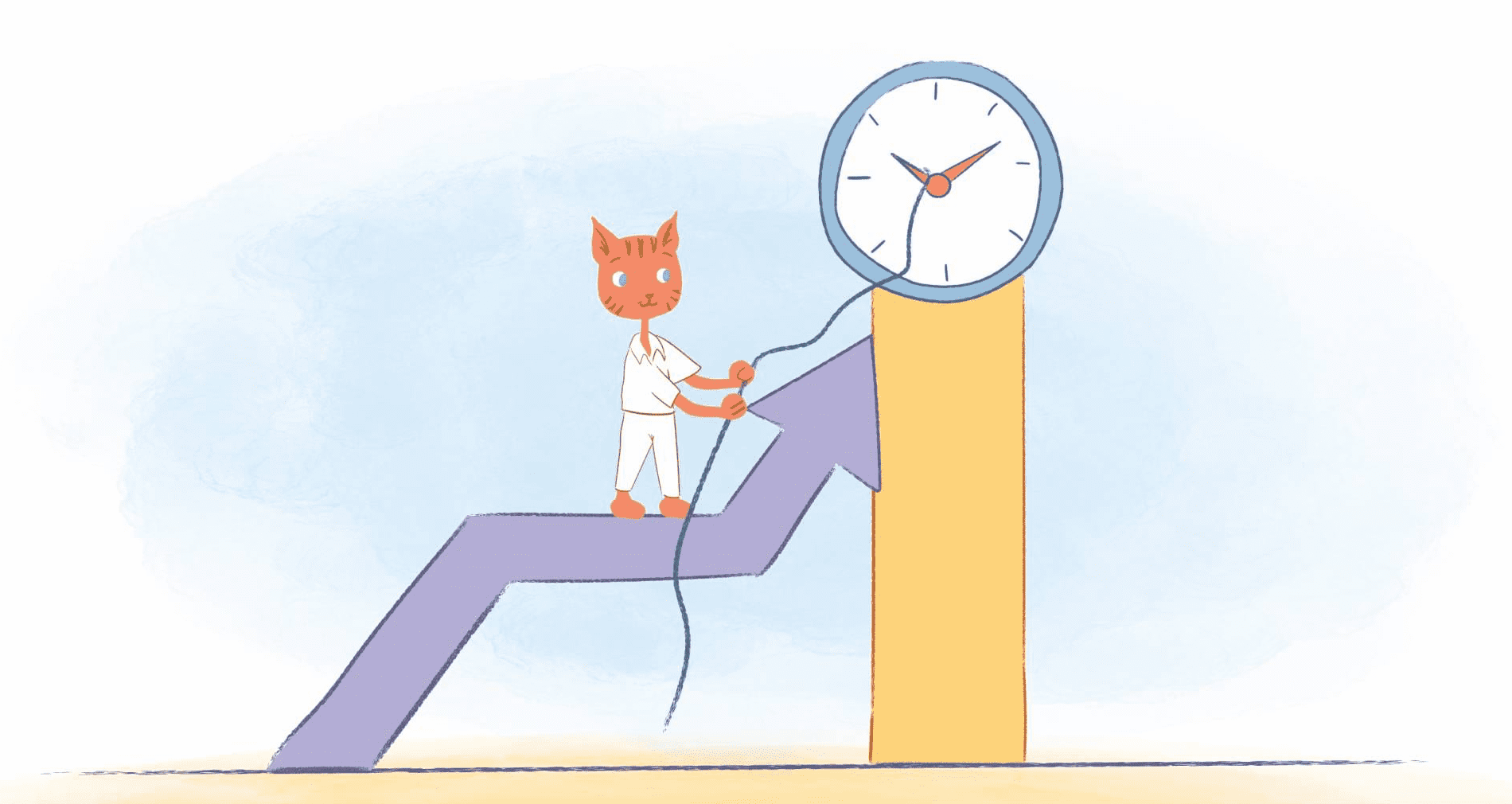

There seems to be a serious epidemic among entrepreneurs. Whether you’re a rookie or seasoned vet, there’s a mentality that we have to work more than 40 hours per week. There are times when that’s the case. Let’s say that you’re launching a new product or service. You should definitely expect to be putting in extra time at work until it’s complete. But what about the rest of the time? Hey, it’s okay to take a break, even if you’re an entrepreneur
Elon Musk has said that he works a staggering 120-hours per week. Gary Vaynerchuk has suggested you put in 18-hour days. And, Grant Cardone has said that if you want to become a millionaire, you need to work 95 hours per week or 14-hours per day.
From the outside, that just sounds ridiculous. However, that doesn’t always mean that these entrepreneurs are working 10-14 hours straight — every single day. However, with the individuals I work with — that’s precisely what they mean. Day in and day out, for years — they work this many hours or more. I know from my own experience that with a business — it’s hard to tune out and leave it alone. And when you try to tune out — you’re still thinking about the business.
Some entrepreneurs put in more hours without stopping — and they can’t help themselves. It’s not healthy mentally or physically and, many studies now show that it’s not as good for your business as you may think.
In an open letter to Musk, Arianna Huffington wrote, “Working 120-hour weeks doesn’t leverage your unique qualities, it wastes them. You can’t simply power through — that’s just not how our bodies and our brains work.” She added, “Nobody knows better than you that we can’t get to Mars by ignoring the laws of physics. Nor can we get where we want to go by ignoring scientific laws in our daily lives.”
I learned the consequences of ignoring the laws of psychology, if not physics, the hard way. While I wasn’t working 120-hour weeks, I was consistently doing 80 hours. I was spending way too much time at work. As a result, my health was no longer a priority. Relationships with coworkers, friends, and family became strained, and I teetered on the edge of burnout.
Still believing that an entrepreneur has to work more hours to be successful — you can do that work differently. Finally, admit to yourself taking breaks is essential. Take a moment to think logically, with a different thought process. You’ll want to take breaks for the following reasons.
It’s good for your brain.
As Meg Selig points out in Psychology Today, research shows that taking breaks helps your brain in the following ways:
- “Movement breaks” are essential for your well-being.
Considering that there’s a mental health crisis in entrepreneurship, this may be the key. Getting up from your desk and moving, even if it’s just a “5-minute walk every hour, can improve your health and well-being.” - Breaks prevent decision fatigue.
“Author S.J. Scott points out that the need to make frequent decisions throughout your day can wear down your willpower and reasoning ability.” Can you guess a simple way to combat this? - Breaks restore motivation, especially for long-term goals.
“When we work, our prefrontal cortex makes every effort to help us execute our goals,” wrote author Nir Eyal. “But for a challenging task that requires our sustained attention, research shows briefly taking our minds off the goal can renew and strengthen motivation later on.” - Breaks increase creativity and productivity.
“Taking breaks refreshes the mind, replenishes your mental resources, and helps you become more creative,” notes Selig. “‘Aha moments’ came more often to those who took breaks, according to research.” - “Waking rest” helps consolidate memories and improve learning.
Waking rest is, “resting while awake, likewise improves memory formation.” Meditation could be an example of waking rest.
Still not convinced? Well, taking breaks can also help you refocus your concentration. And, if you’re stuck on a problem, then taking a breather can help you come up with solutions faster.
“While it is commonly assumed that the best way to solve a difficult problem is to focus relentlessly — this clenched state of mind comes with a hidden cost. [The hidden cost] is that it inhibits the sort of creative connections that lead to breakthroughs,” writes Jonah Lehrer in Imagine: How Creativity Works. “We suppress the very type of brain activity that should be encouraged.”
Opportunity to gain fresh perspectives.
Regardless of how you define your break — take a break. Your break may be merely leaving the office to grab lunch with a friend, or it may be to disappear for a week-long vacation with your family. Stepping away from work exposes you to new things. I know it sounds cliche. But, it’s truth — and we need to know what the truth is for ourselves in our own situations.
Getting out of your workplace helps you develop new ideas. Maybe your break is bouncing feedback from your friend at lunch. Maybe when commuting back to work, you notice a new opportunity that can separate you from your competitors. Can traveling push you out of your comfort zone and give you a chance to have new experiences? Yes, it can. These type of breaks, also, prevent isolation.
Being an entrepreneur can be lonely, and that can be a problem. After all, loneliness can lead to mental health struggles like depression, stress, and anxiety.
Taking a break allows you to interact with others. It could be walking around the workplace and checking-in with your team. While commuting to a meeting, you may strike up a conversation with a stranger. And, when you’re not obsessed with work, you can strengthen your relationships with your friends and family.
Reminds you of the bigger picture.
“When you’re focused on the minutiae of a complex task, it’s all too easy to lose sight of the bigger, more strategic picture,” writes Barry Chignel over on CIPHR. “Take a break, step back, and reassess your goals and priorities to make sure that you’re giving your attention to the right tasks and projects.”
“Being able to see this broader view is particularly important for managers,” adds Chignel. That’s because “they need to maintain their focus on strategic goals and not be distracted by process-driven tasks that could be delegated to other members of their team.”
Cultivates healthier habits.
Make no mistake about it. Working too much adds unnecessary stress to your life. As you already know, stress can lead to many symptoms that affect your health and well-being. But did you know that stress can also influence your habits?
Research has found that during times of stress, we fall back on our habits. That wouldn’t be so bad if you were falling back on healthy habits like exercising. But, what if it’s a bad habit like overeating, smoking, or binge drinking? Well, then, you have a reason for concern.
Frequent breaks not only reduce stress, but they also give you the time to indulge in healthy habits. Instead of eating fast food for lunch, you can enjoy a healthy meal because you’re taking a lunch break. In-between tasks, you can use that downtime to go for a walk or meditate. And, during the weekend or vacation, you can engage in a self-care activity.
How to take a break.
Despite the benefits listed above, entrepreneurs still struggle with taking breaks. So, I suggest taking it slow and easing your way into it.
The most obvious place to start would be working breaks into your daily schedule. I’ve found that you should track your time for around a month to determine when you’re most productive.
Thanks to ultradian rhythms, this is different for everyone. But, in most cases, we have energy peaks for about 60-90 minutes. You then experience an energy lull. Knowing this, you could plan your day by blocking out an hour for work and then scheduling a 10-to-20 minute break.
The caveat for you may be resisting the urge to take longer breaks. Keep your breaks short and use reminders to keep your schedule on-track. Also, make sure that you schedule a proper lunch break as well.
Another pointer would be to learn how to optimize your time. Use whatever trick works best for you. But, the idea here is to reduce your workload so that you have more flexibility in your schedule to take a breather.
And, establish boundaries. Creating and keeping boundaries means when you’re home and spending time with your family, give 100% of your attention to them. When you’re hiking or hanging out with friends on a Saturday, there are no answering work-related messages.
In short, leave work at work. I know. It’s going to take a lot of willpower. But, try it for a couple of hours and work your way up. You’ll notice that everything you built didn’t come crumbling down because you’re disconnected from work occasionally.
Eventually, when you’re comfortable — plan for larger breaks. I’m talking about the occasional day-off. I love to take a lengthy vacation — and work on the vacation, too. And I like to work on short vacations also. Will it be in our best interest to take a real break? Hey, most entrepreneurs will likely resist taking a real vacation at first. Should we try to make the “taking a vacation goal,” together? I’m up for it — if you are.











Deanna Ritchie
Editor-in-Chief at Calendar. Former Editor-in-Chief and writer at Startup Grind. Freelance editor at Entrepreneur.com. Deanna loves to help build startups, and guide them to discover the business value of their online content and social media marketing.